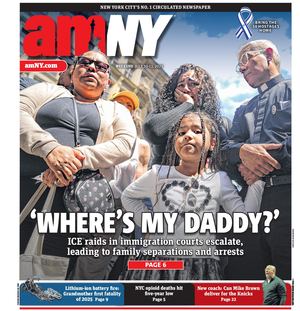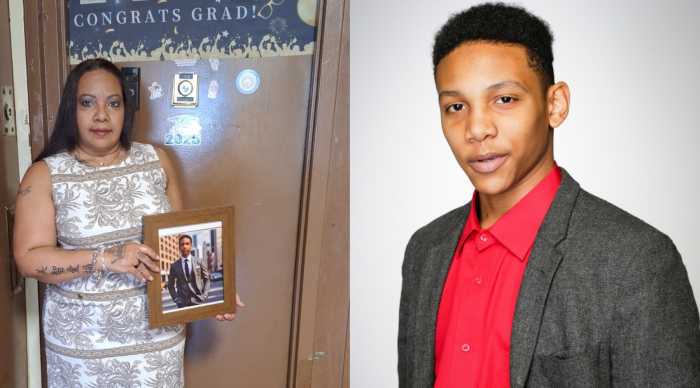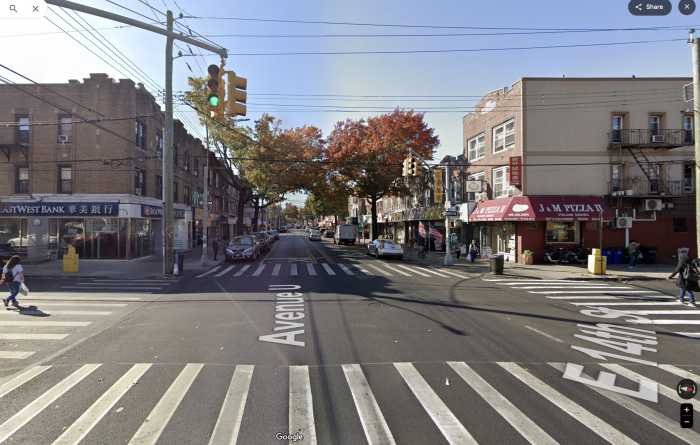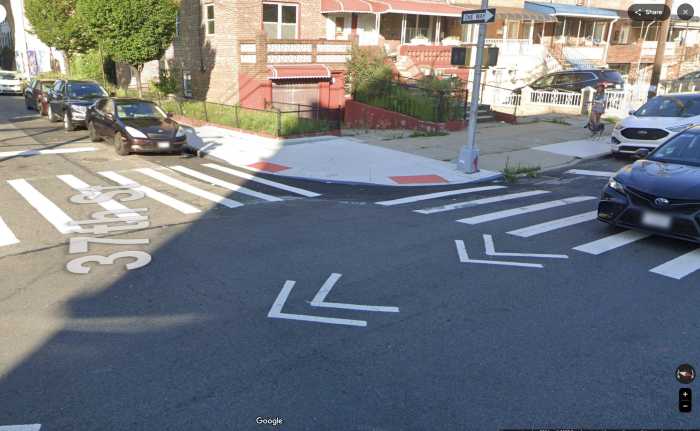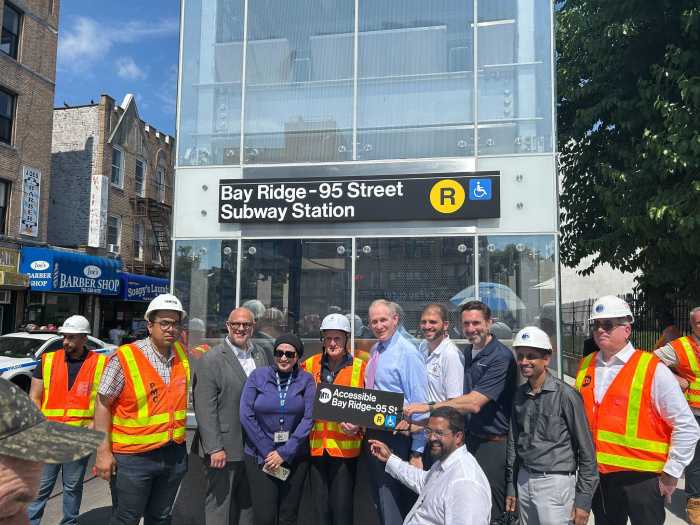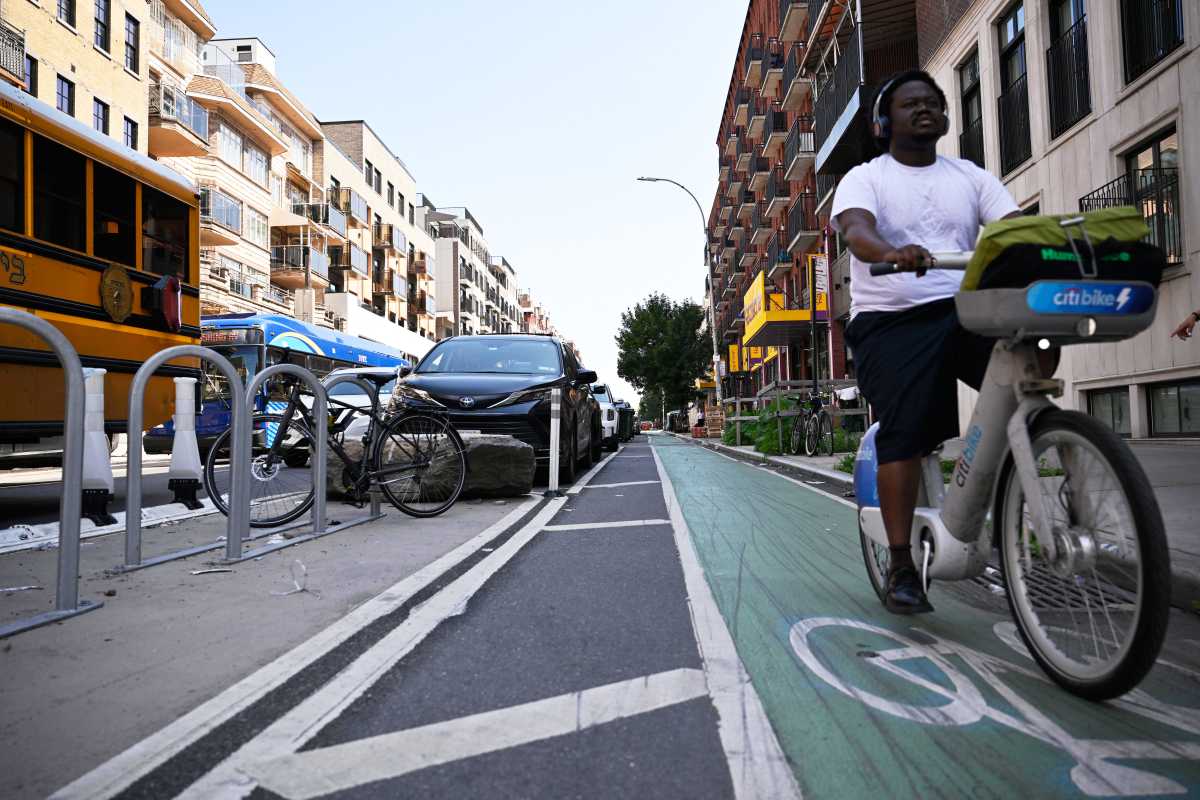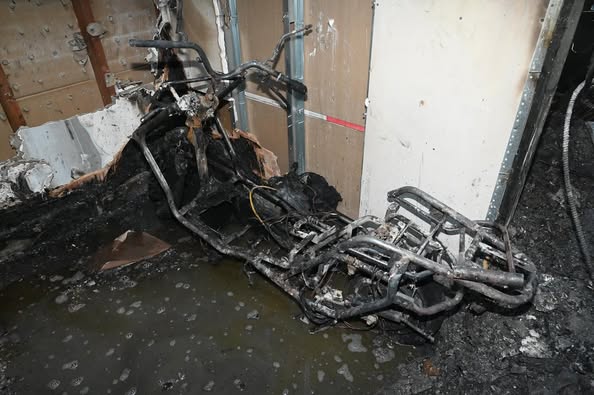The number of taxis on city streets could double under a new City Council bill introduced Tuesday that attempts to level the playing field between warring cab and e-hail industries.
The bill would allow taxi medallion owners to add a second vehicle under one medallion. Manhattan Councilman Ydanis Rodriguez, the bill’s sponsor, said this would provide an additional stream of revenue for the medallion owner, making the medallion itself a more attractive investment.
If e-hail companies like Uber and Lyft can roll out more cars without regulation, the yellow cab industry should be able to increase its footprint, too, he reasoned.
“There’s no flexibility [with] the yellow car. The black cars, they can do whatever they want,” said Rodriguez on the steps of City Hall. “We believe that this is fair. This is the right thing to do.”
There’s currently a cap of 13,587 taxi medallions in New York City. Because that cap is mandated by state law, Rodriguez’s bill is a workaround meant to boost the struggling industry. Medallion prices have plummeted since 2013, as Uber gained a foothold in the city. From a peak value of $1.1 million in 2014, taxi medallions now transfer for between $150,000 and $580,000.
At the same time, the number of for-hire vehicles nearly doubled, from 35,000 to 90,000, since 2011. The number of taxi trips being completed have dropped as congestion in the city has gotten worse. Mayor de Blasio at one point tried and failed to institute an Uber cap. Now, drivers from both sectors complain of an oversaturated market where everyone has to work longer hours only to make less money as they compete for a stagnant number of fares.
Experts, advocates and medallion owners present at the bill’s unveiling questioned whether adding more taxis to the road would solve or only exacerbate the problem. Bhairavi Desai, the executive director of the New York Taxi Worker’s Alliance, which represents 19,000 drivers, called the bill a “starting point” but wouldn’t support it in its current form.
“My concern would be what’s going to happen to the drivers on the road because this wouldn’t save the drivers who are in a race to the bottom,” said Desai. “In order to be hailed you have to been seen and this could help address that issue and help the industry, but to really protect drivers there should be a commission-like system with a guaranteed income and a cap on black cars.”
Rebecca Harshbarger, a spokeswoman for the Taxi and Limousine Commission, said in an email that “the TLC is reviewing the legislation.”
Rodriguez sidestepped questions about the risks of further saturating the market. He said he also favors creating a surcharge for certain drivers to help bail out yellow cabbies, and trying again to implement a cap on the growing black car sector — though he has not yet introduced bills related to either of those ideas.
“The bill that we are introducing today is only the beginning of this conversation,” he said. “It’s not the only solution.”
